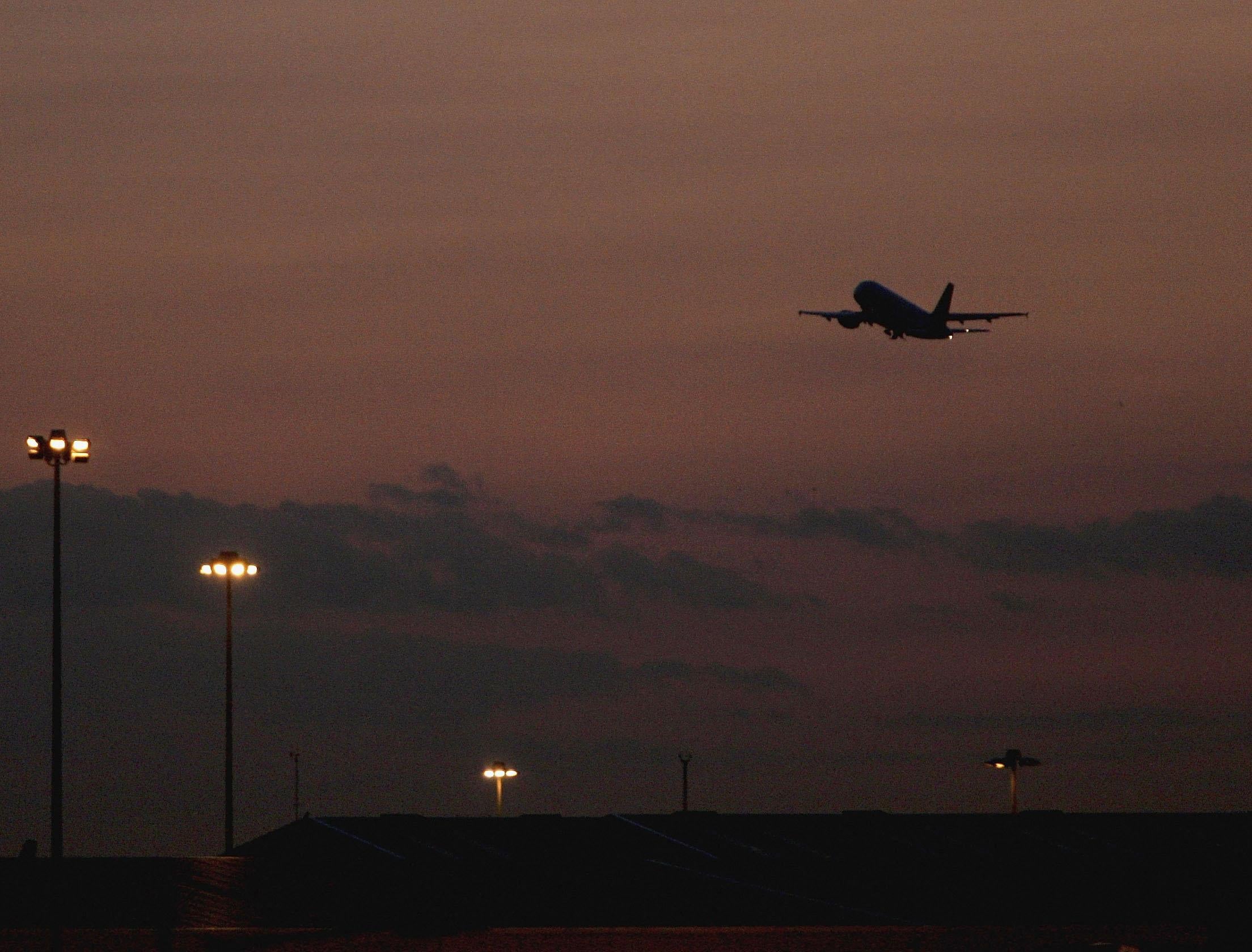Turkey will try to reverse Donald Trump electronics ban, says transport minister
'Reverse steps or a softening should be adopted,' says Ahmet Arslan

Your support helps us to tell the story
From reproductive rights to climate change to Big Tech, The Independent is on the ground when the story is developing. Whether it's investigating the financials of Elon Musk's pro-Trump PAC or producing our latest documentary, 'The A Word', which shines a light on the American women fighting for reproductive rights, we know how important it is to parse out the facts from the messaging.
At such a critical moment in US history, we need reporters on the ground. Your donation allows us to keep sending journalists to speak to both sides of the story.
The Independent is trusted by Americans across the entire political spectrum. And unlike many other quality news outlets, we choose not to lock Americans out of our reporting and analysis with paywalls. We believe quality journalism should be available to everyone, paid for by those who can afford it.
Your support makes all the difference.Turkey has said it will seek to overturn a ban on electronic devices from the cabins of aeroplanes flying to the US from 10 international airports across the Middle East and North Africa.
“We particularly emphasise how this will not benefit the passenger and that reverse steps or a softening should be adopted,” Transport Minister Ahmet Arslan told reporters, adding that the decision was wrong.
Citing unspecified threats, the US government unexpectedly banned laptops, ipads and other electronics "larger than a cellphone" on flights from 10 airports in the Middle East, although passengers will be able to stow their devices in checked in baggage.
The airport in Istanbul was one of those listed.
The rules took effect early on Tuesday morning and airlines have until 3 am Eastern Daylight Time on Saturday to implement them — or risk being barred from flying to the US, the officials said.
They added that the decision was prompted by “evaluated intelligence” about ongoing potential threats to aeroplanes bound for the United States.
The officials would not discuss the timing of the intelligence or if any particular terror group is thought to be planning an attack. They briefed reporters on condition that they not be identified publicly.
The electronics ban affects flights from international airports in Amman, Jordan; Kuwait City, Kuwait; Cairo; Istanbul; Jeddah and Riyadh, Saudi Arabia; Casablanca, Morocco; Doha, Qatar; and Dubai and Abu Dhabi in the United Arab Emirates. About 50 flights a day, all on foreign carriers, will be impacted. The officials said no US-based airlines have nonstop flights from those cities to the United States.
Across the Atlantic early on Tuesday, problems and confusion ensued.
Egyptian officials at the Cairo International Airport said they had not received any instructions on banning passengers from bringing laptops, iPads, cameras and some other electronics on board direct flights to the United States.
The officials said a New York-bound EgyptAir flight departed and that passengers were allowed to take their laptops and other electronics on board in their carry-on luggage.
A spokesman for Royal Jordanian said the airliner has not yet started to enforce the new US regulation.
Basel Kilani has said that the airline was still awaiting formal instructions from the relevant US departments.
However, the Middle East's biggest airline confirmed that US-bound passengers will be prevented from carrying electronic gadgets aboard aircraft.
Dubai-based Emirates said the ban takes effect on Saturday. That guidance differs from the information provided by senior Trump administration officials, who have said the ban is in place from Tuesday.
Associated Press contributed to this report
Join our commenting forum
Join thought-provoking conversations, follow other Independent readers and see their replies
Comments